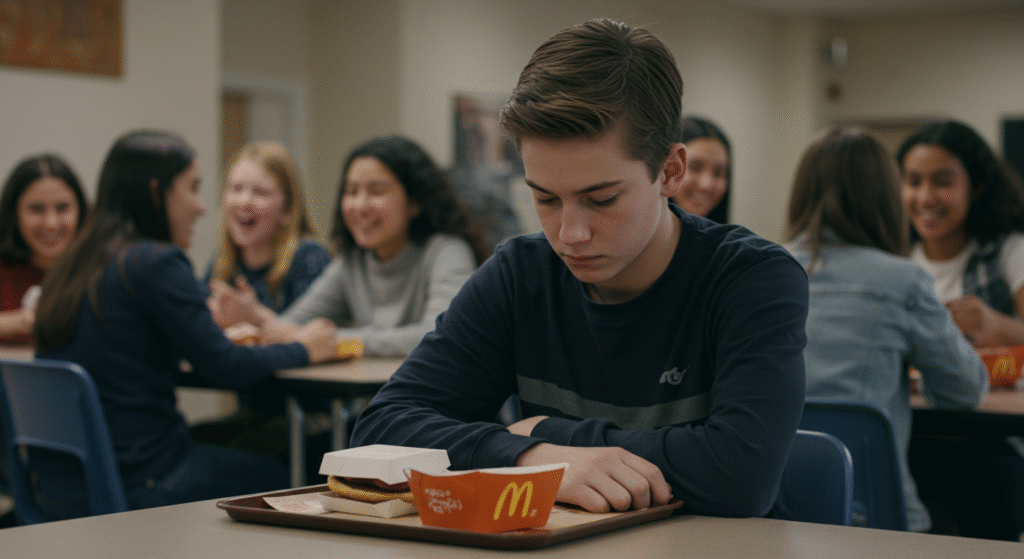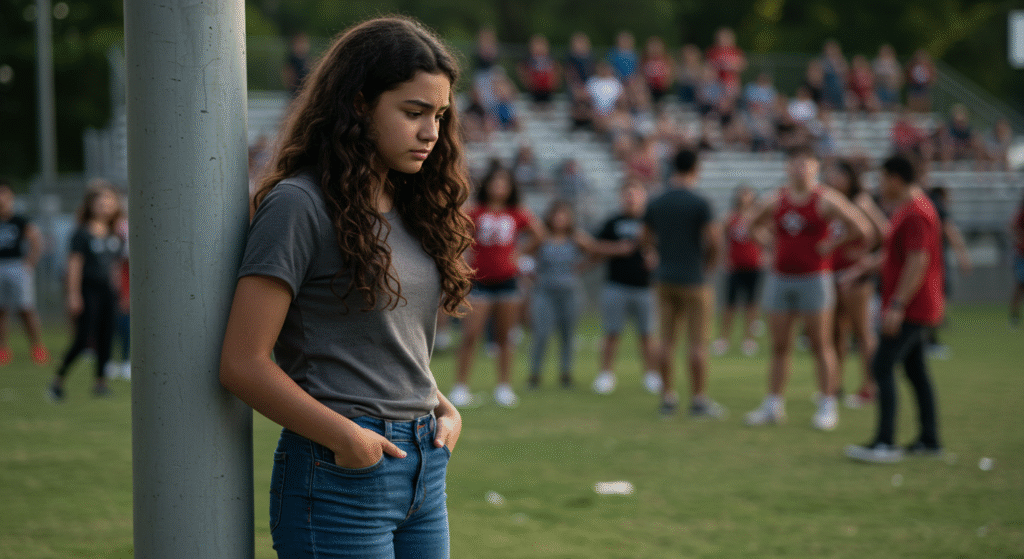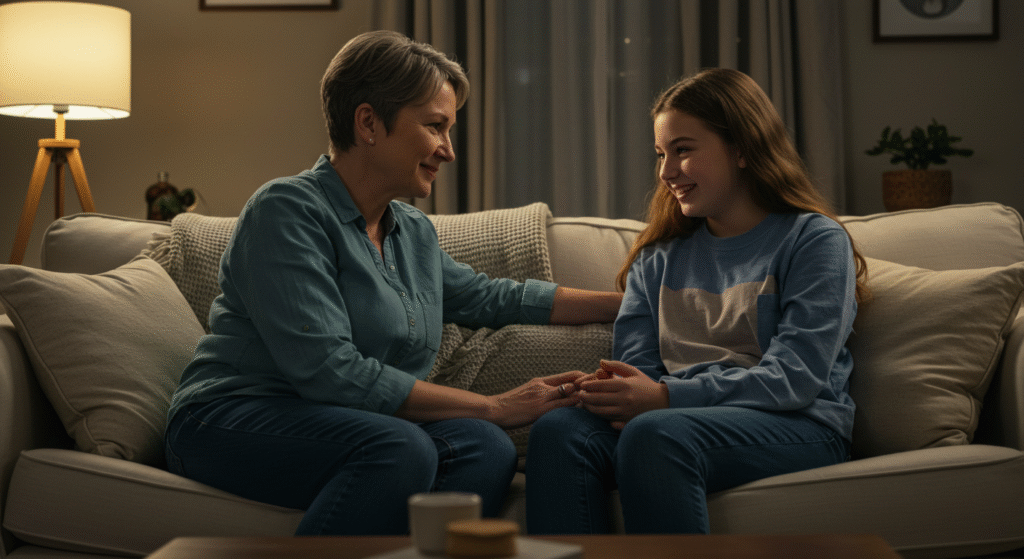Tasty Food and Heavy Impacts
Childhood obesity is an issue that stretches beyond physical health—it impacts mental and emotional wellbeing, too. While type 2 diabetes and fatty liver disease are known risks, we often overlook the social and psychological toll on kids. The reality is, when children gain weight, their entire world can shift—especially how they see themselves and how they’re treated by others.

The Mental Burden Behind the Weight
Overweight teens often struggle with low self-esteem, not because something is wrong with them—but because of how society views them. Kids know when they don’t meet the so-called “ideal.” They hear the jokes, see the looks, and start believing the negative narrative about themselves. Many withdraw, fearing embarrassment, especially during physical activities like gym class.

Bullying: The Silent Weight They Carry
Bullying is a cruel reality for many teens struggling with obesity. Kids can be relentlessly mean—blaming them for things, teasing their appearance, or making food the punchline of every joke. These emotional wounds leave a lasting mark. Even worse, some teens may adopt a “fight back” mentality, becoming bullies themselves just to cope.

Anxiety, Depression, and Disordered Coping
These emotional hits don’t just disappear. The weight of shame, whether real or imagined, can lead to anxiety, social withdrawal, and depression. Some teens may try to “fix” things through extreme dieting or overexercising—coping mechanisms that can turn into eating disorders. Without guidance, their efforts to improve their health could actually harm it.

The Role of Parents: Talk, Don’t Tear Down
Helping your child starts with empathy, not judgment. It’s not just what you say—but how you say it. Encourage healthy habits without making them feel like a problem that needs fixing. Let them know they’re loved, seen, and capable—regardless of their weight.

Whole Family, Whole Healing
Instead of singling your child out, try making healthy changes as a family. Incorporate more fruits and veggies into meals, take family walks, or cook together. When everyone’s involved, your child won’t feel isolated—and healthier habits will stick.

Closing Encouragement
This issue can be tough to face—but you don’t have to face it alone. Emotional support, open conversations, and consistent love from family can make all the difference. Your child is not broken. With the right care and connection, they can thrive—mentally, physically, and emotionally.


